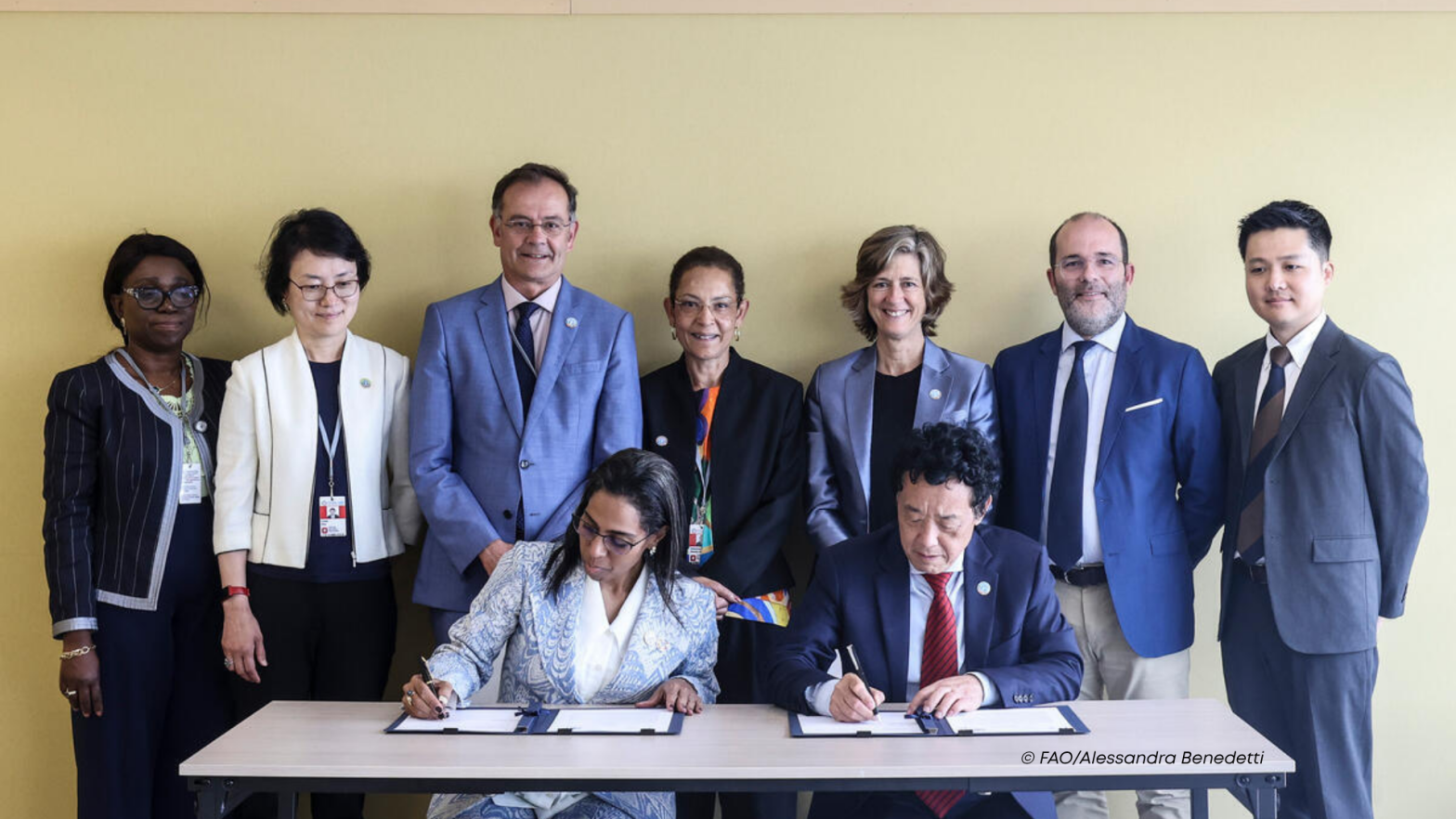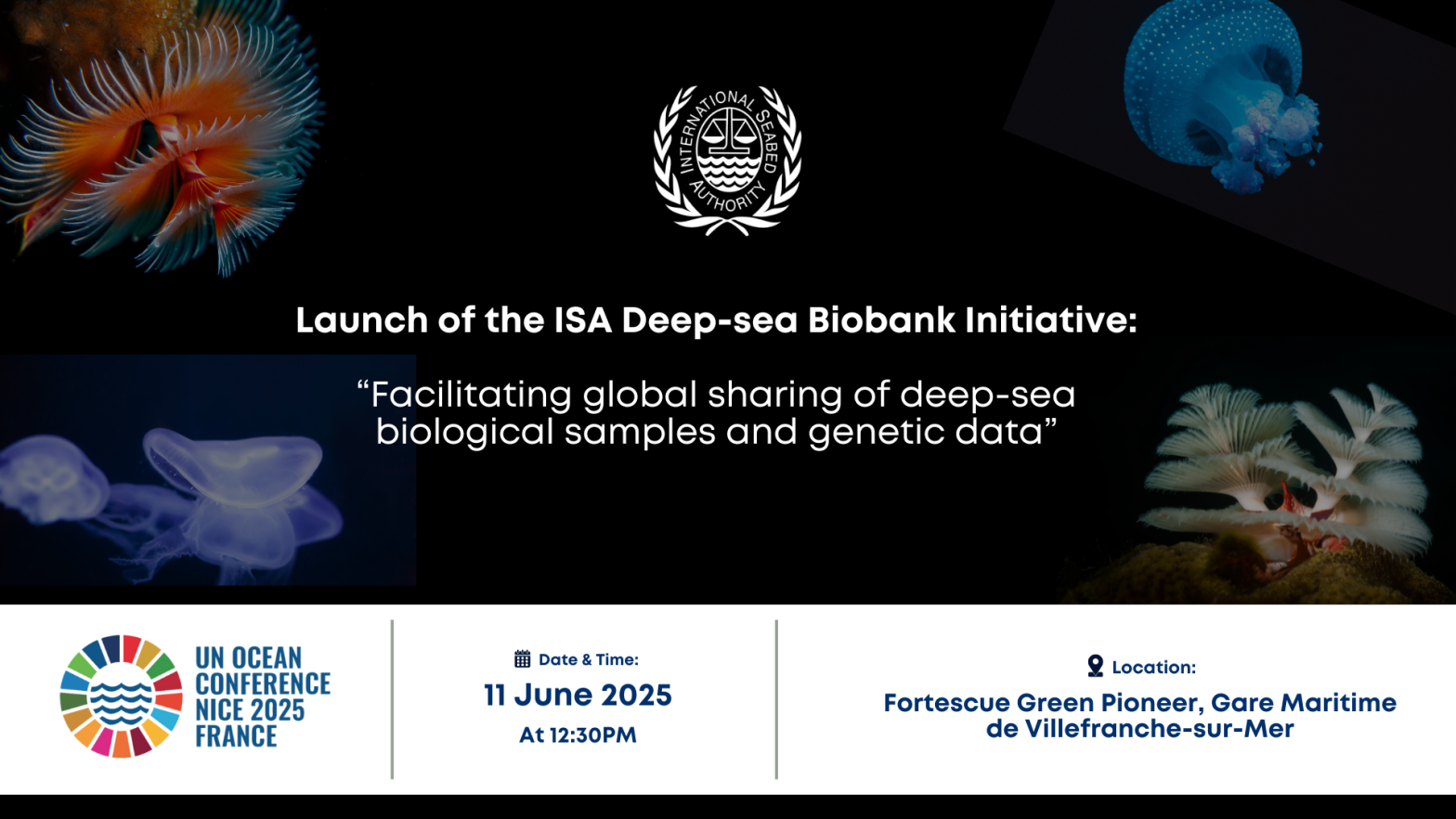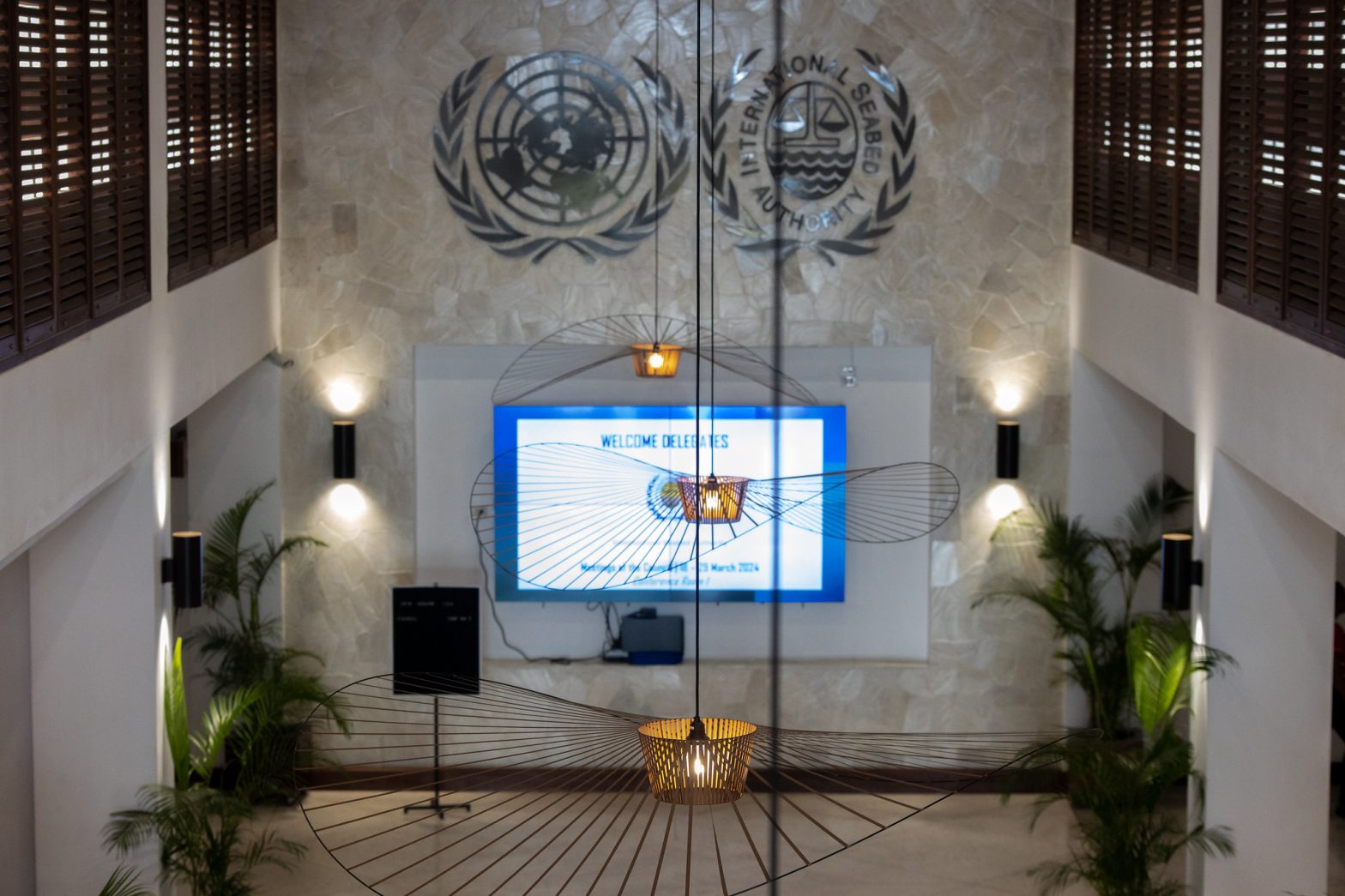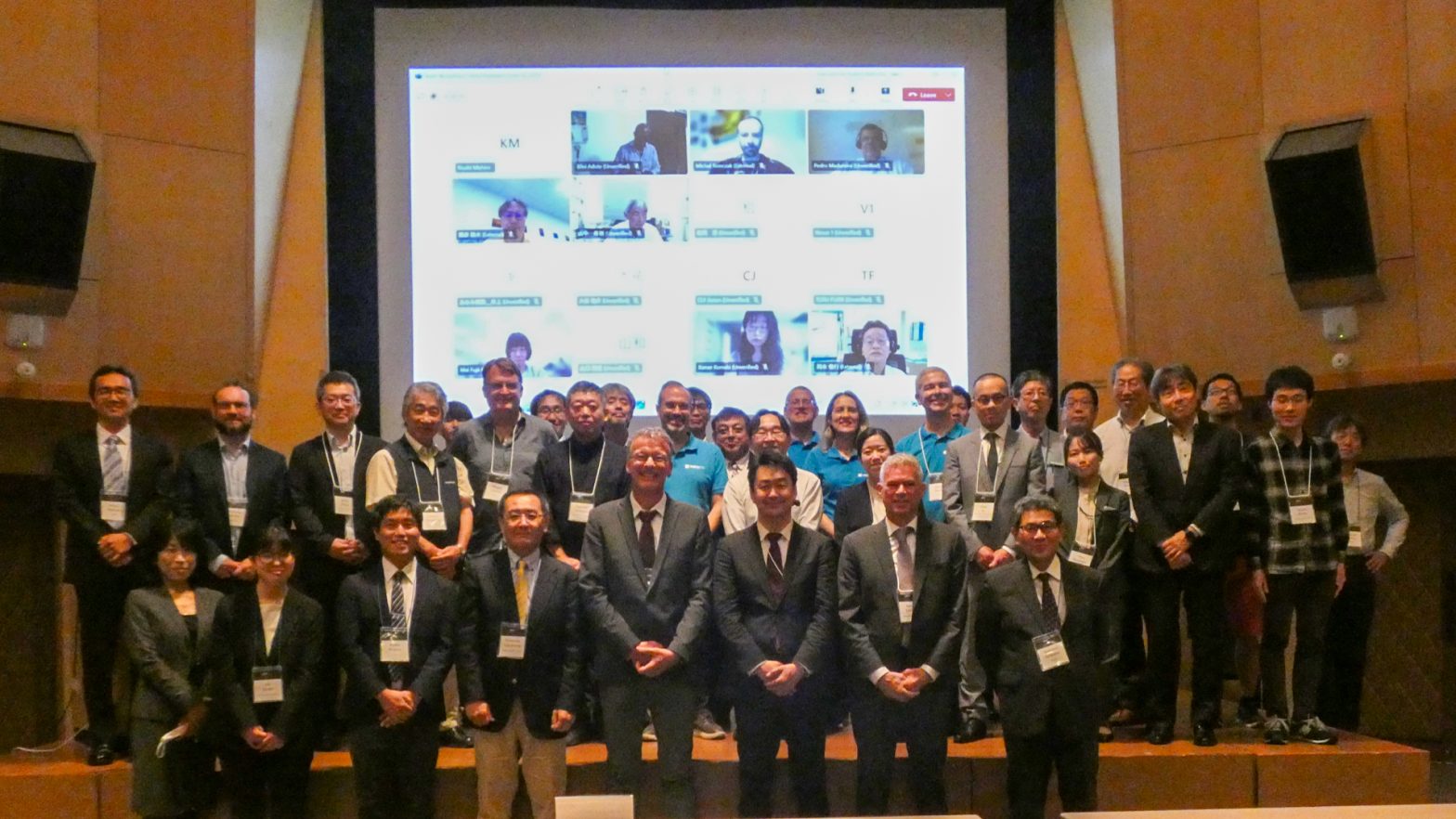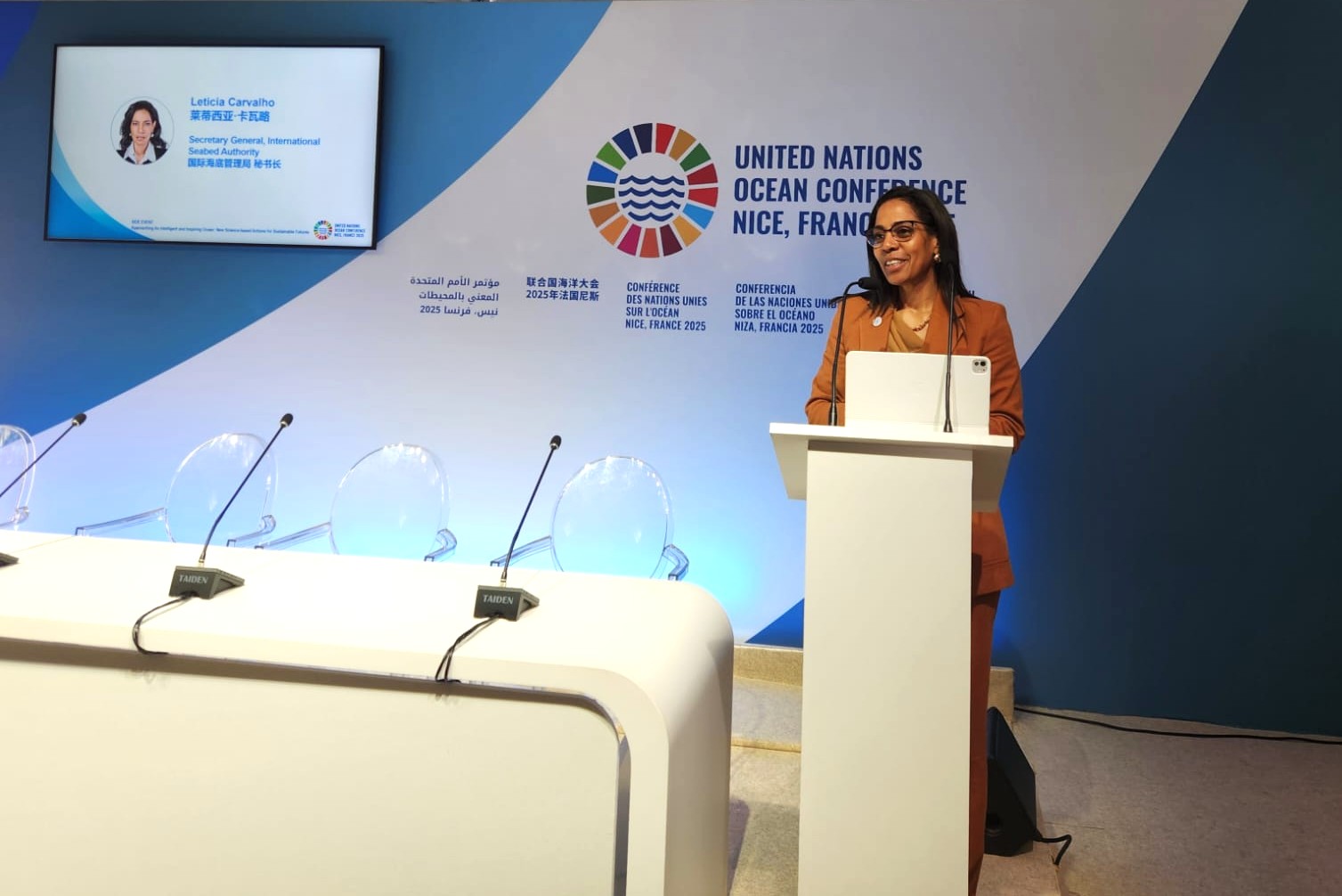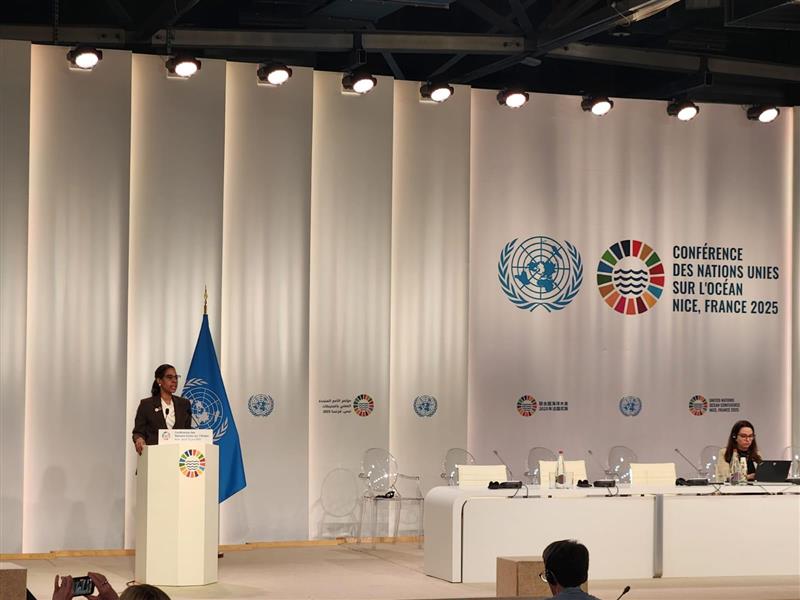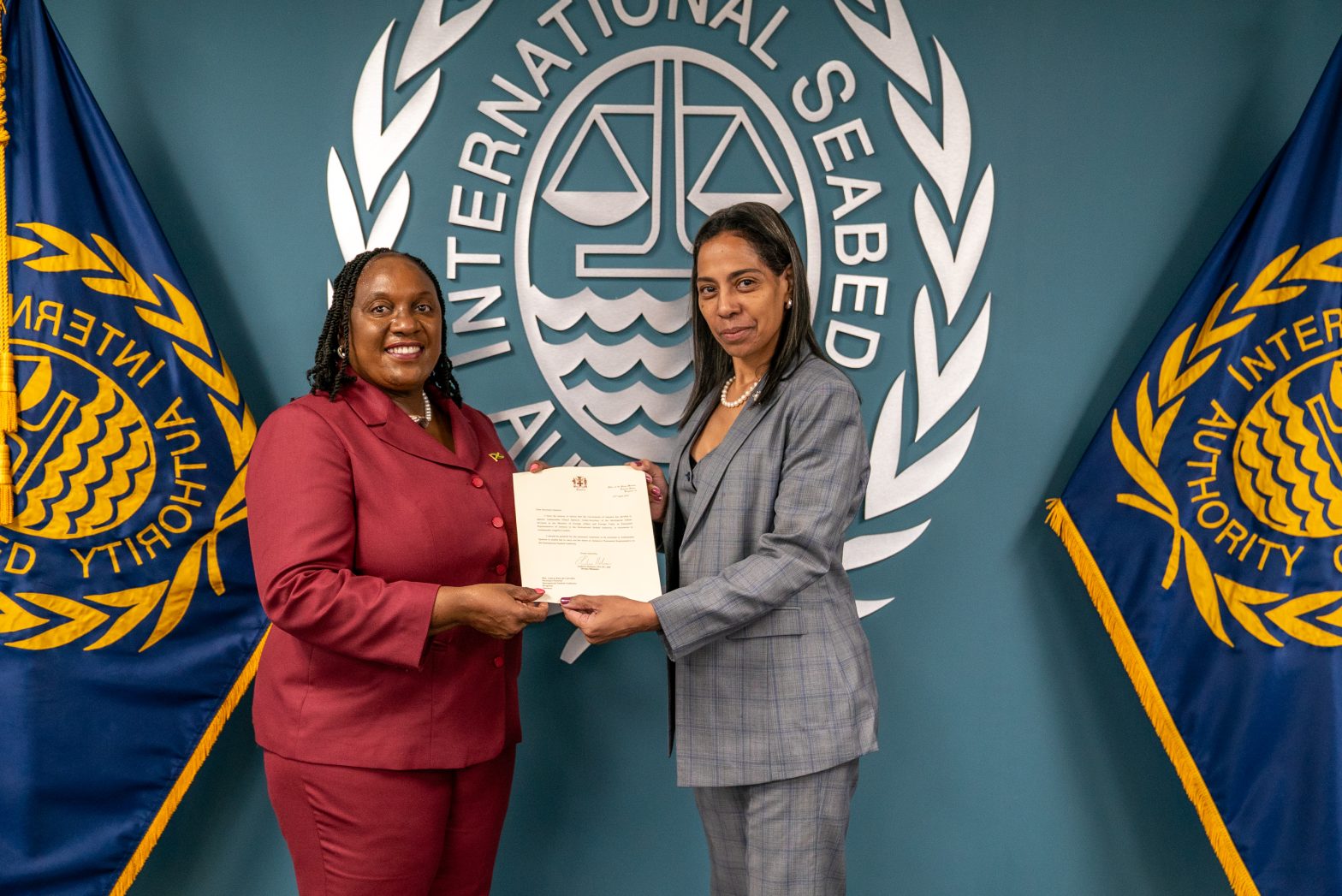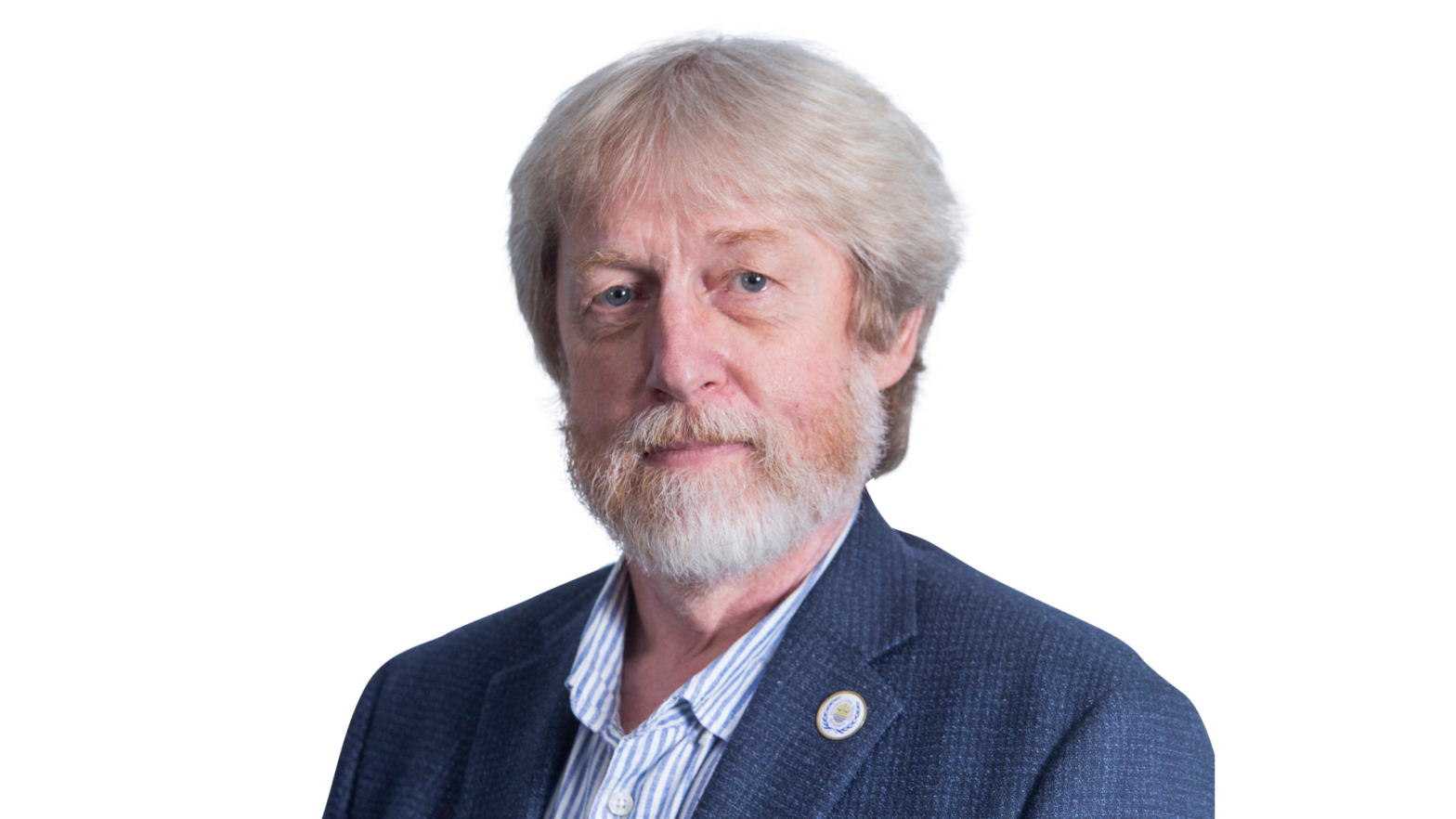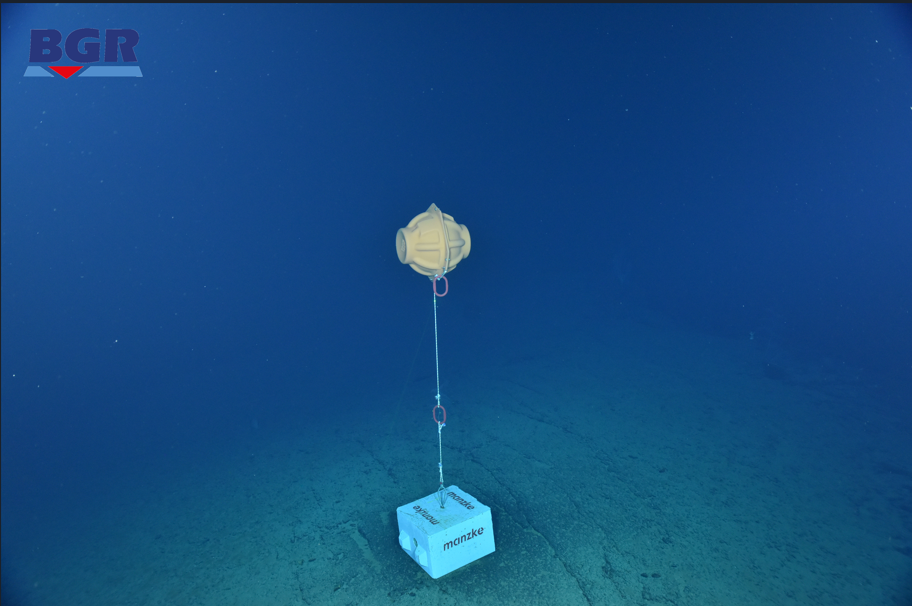Nice, France – 12 June 2025, The International Seabed Authority (ISA) and the Food and Agriculture Organization of the United Nations (FAO) have signed a landmark memorandum of understanding (MoU) to enhance cooperation on matters related to deep-sea fisheries, biodiversity and the sustainable management of areas beyond national jurisdiction (ABNJ). The signing took place on the sidelines of the Third United Nations Ocean Conference in Nice, France.
News
The International Seabed Authority launches Deep-sea Biobank Initiative to boost global access to deep-sea biological samples and genetic data
Nice, France – 11 June 2025 – The International Seabed Authority (ISA) launched the Deep-Sea Biobank Initiative (DBI) to enhance access to deep-sea biological samples and genetic data collected from the international seabed area beyond national jurisdiction (the Area). The DBI was announced on the margins of the third United Nations Ocean Conference in Nice, France, during a high-level event that brought together government leaders, regional and international organizations, scientists and private companies.
The ISA Legal and Technical Commission kicks off Part II of its 30th session
Kingston, Jamaica – 23 June 2025 — The Legal and Technical Commission (LTC) of the International Seabed Authority (ISA) officially opened its meetings under Part II of its thirtieth session in Kingston, Jamaica, to be concluded by 4 July 2025.
Second international expert scoping workshop concludes discussions on the best approaches to harness advanced technologies in monitoring for the protection and sustainable use of the international seabed area
Kobe, Japan – 12 June 2025 – The International Seabed Authority (ISA), in collaboration with the Kobe Ocean-Bottom Exploration Center (KOBEC) at Kobe University, successfully concluded the Second international expert scoping workshop, “Charting future horizons: Harnessing advanced technologies for the protection and sustainable use of the international seabed area – Focus on monitoring.”
Statement at the Third UN Ocean Conference – Ocean Action Panel 10
Enhancing the conservation and sustainable use of oceans and their resources by implementing international law as reflected in the UNCLOS
Statement at the third United Nations Ocean Conference
Nice, France – 12 June 2025 -The high-level 2025 United Nations Ocean Conference to support the Implementation of Sustainable Development Goal 14: Conserve and sustainably use the oceans, seas and marine resources for sustainable development took place in Nice, France, from 9 to 12 June 2025, co-hosted by France and Costa Rica.
The Permanent Representative of Jamaica presents credentials to the Secretary-General of the International Seabed Authority
Kingston, Jamaica – 21 May 2025 – Ambassador Cheryl Spencer presented her credentials to the Secretary-General of the International Seabed Authority (ISA), Ms. Leticia Carvalho, as the Permanent Representative of Jamaica to the ISA during a ceremony held in Kingston, Jamaica, on 20 May 2025.
Message on the passing of Mr. Harald Brekke
It is with great sadness that the International Seabed Authority (ISA) received the news of the unexpected passing of Mr. Harald Brekke on 11 May 2025. Mr. Brekke’s passing is a profound loss to the ISA community. On behalf of ISA, Madam Secretary-General conveys her deepest condolences to the family of Mr. Brekke and the Government of Norway.
The International Seabed Authority’s DeepData joins the Ocean Data and Information System, advancing global ocean data-sharing
Kingston, Jamaica – 6 May 2025 – The International Seabed Authority (ISA) has joined the Ocean Data and Information System (ODIS), a global network of interconnected platforms designed to enhance the accessibility, interoperability and discovery of ocean data. This collaboration, coordinated by the International Oceanographic Data and Information Exchange of IOC-UNESCO, strengthens international cooperation in ocean research and sustainable management.


